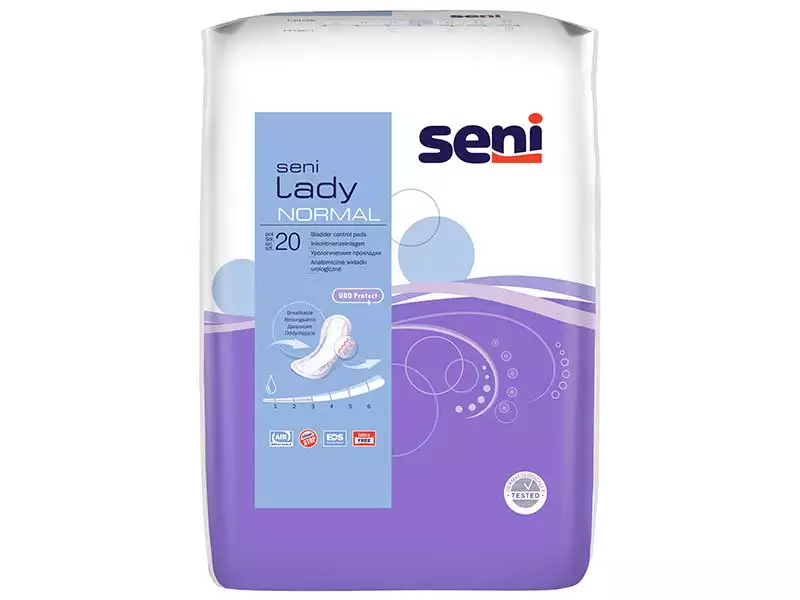Today's pace of life, stress, home and work responsibilities make problems that We Women have not talked about before gain importance. It is an embarrassing subject, and when asked we blush and run away with our eyes. Such a problem is urinary incontinence (incontinence). For many of us, it is a subject we avoid, but one that is slowly coming to light.
When can the condition occur?
Urinary incontinence, due to its prevalence among women, has the character of a disease of civilisation that increases with age. It is thought to be typical of older people. Indeed, a large proportion of the elderly suffer from this problem, but just as many younger people - not just women - experience severe bladder problems. It is estimated that urinary incontinence affects one in four women and one in eight men and as many as one in two women in the postmenopausal period! In addition, incontinence is aggravated by multiple pregnancies, natural childbirth, obesity, lack of exercise, smoking, and surgery.
Urinary incontinence is still a social taboo in Poland. Despite the fact that incontinence causes many difficulties in our everyday life, we often do not report it to doctors for many years. Urinary incontinence causes us emotional and sexual problems, difficulties in sleeping, but also social problems: avoidance of social contacts or reduction of professional activity. Often, because of incontinence, we run away from activities such as shopping, travel, active leisure, explaining it by fatigue and overwork.
Causes of urinary incontinence
Stress Urinary Incontinence (SUI) is the most common cause of incontinence in Us. Symptoms are exacerbated during activities such as coughing, sneezing and exercise. It is estimated that SUI affects approximately 30% of women in Poland. Incontinence can be treated with pharmacological or surgical methods by removing the cause. It is important to exercise daily the pelvic floor muscles, the so-called Kegel muscles, which surround and support the genitals, urethra and rectum. Exercising the Kegel muscles involves alternately tightening and relaxing them.
photo: client press material
How do I protect myself in the event of a disease?
Remember that if you have problems with incontinence, even using pharmacological or surgical methods, you should protect your underwear with specialised absorbent products. Patients who experience the problem of incontinence often deal with it in an inappropriate way by using incontinence pads, which are not suitable incontinence protection products.










